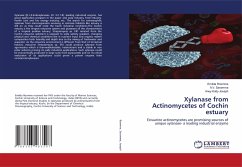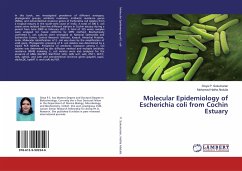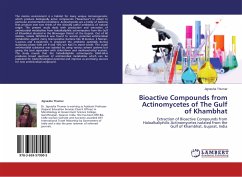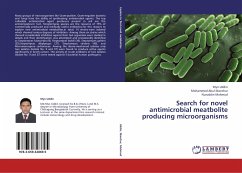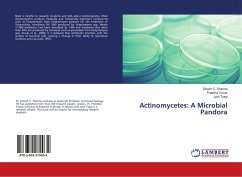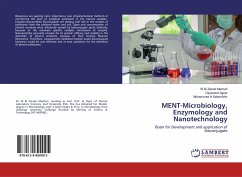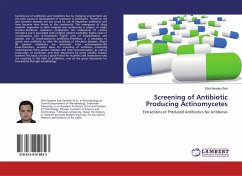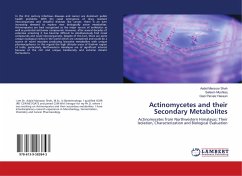Xylanase (beta-1,4-Endoxylanases, EC 3.2.1.8), leading industrail enzyme, has good application prospect in the paper and pulp industry, feed industry, health care and bio energy industry, etc. The search for extremophilic xylanase from microorganisms surviving in extreme habitats like estuary is still on as they could resist the harsh industrial conditions.The Cochin estuary is the longest estuarine system and possesses all the characteristics of a tropical positive estuary. Streptomyces sp. ER1 isolated from the Cochin estuarine sediment is exposed to wide salinity gradient, changing physical and chemical conditions like in nutrient input and organic matter composition both laterally and depth due to the mixing of freshwater and seawater. As the estuarine environment is different from that of terrestrial habitat, estuarine Streptomyces sp. ER1 could produce xylanase from agrowastes which is thermoalkalistable, halotolerant and is stable in non polar solvents proving its wide industrial applications. Such xylanase could be economically produced in large scale from agrowastes and on its critical evaluation of its applications could prove a potent enzyme than commercial xylanases.
Bitte wählen Sie Ihr Anliegen aus.
Rechnungen
Retourenschein anfordern
Bestellstatus
Storno

